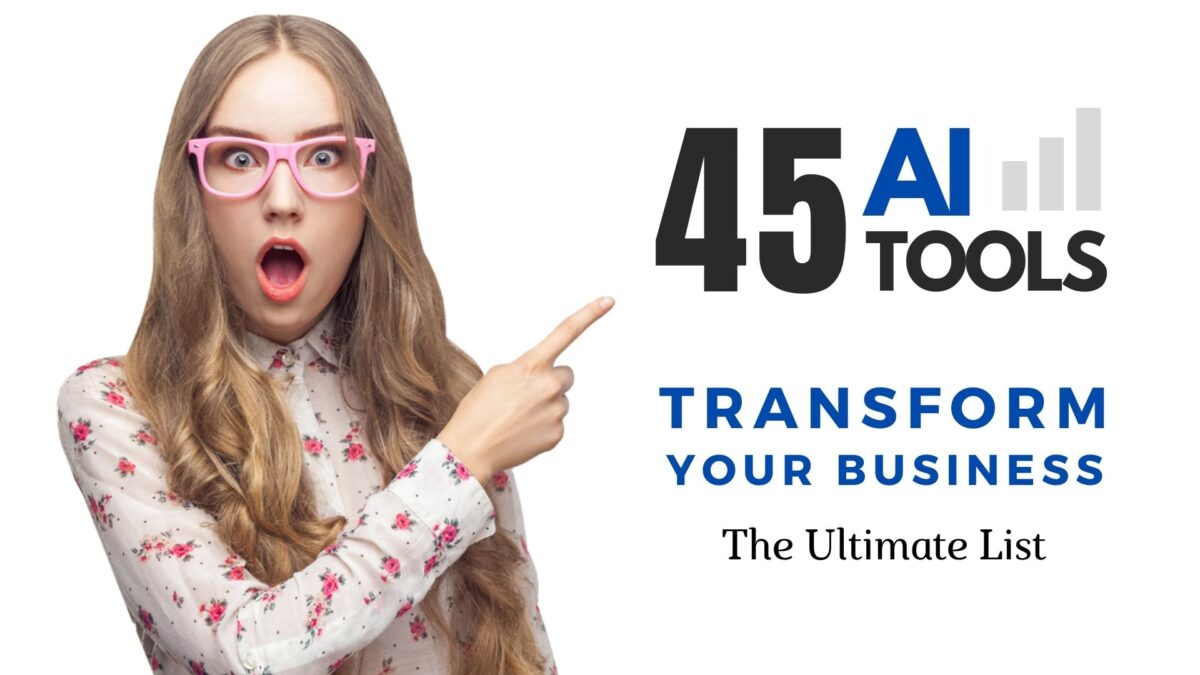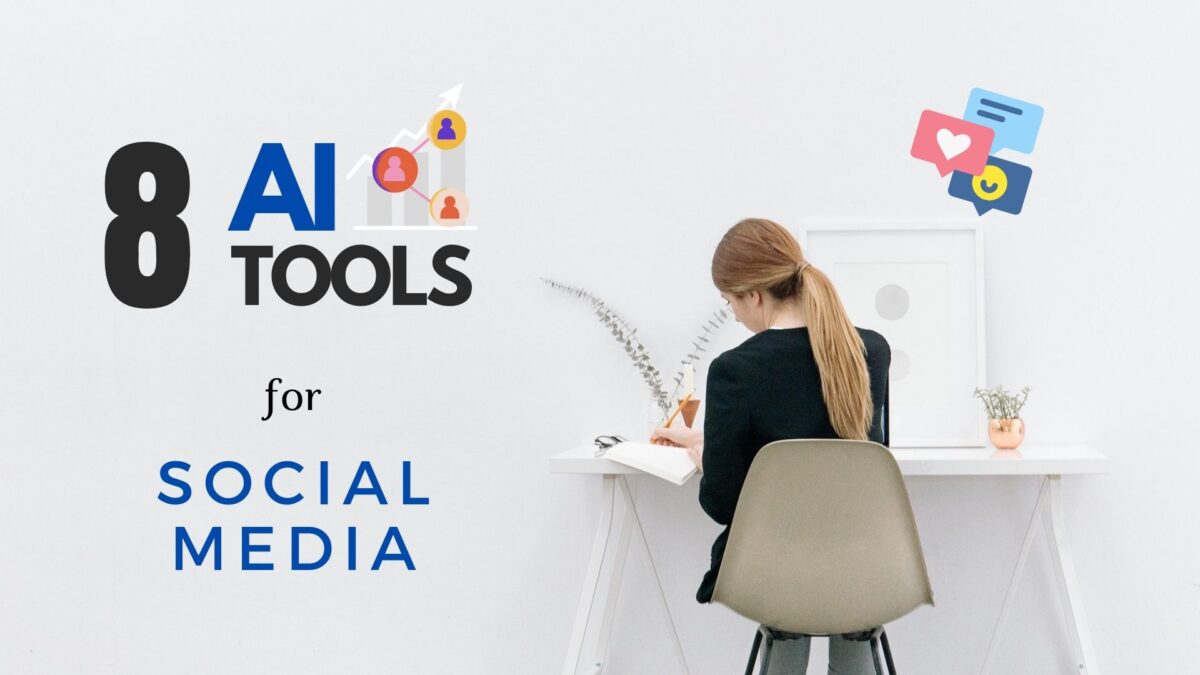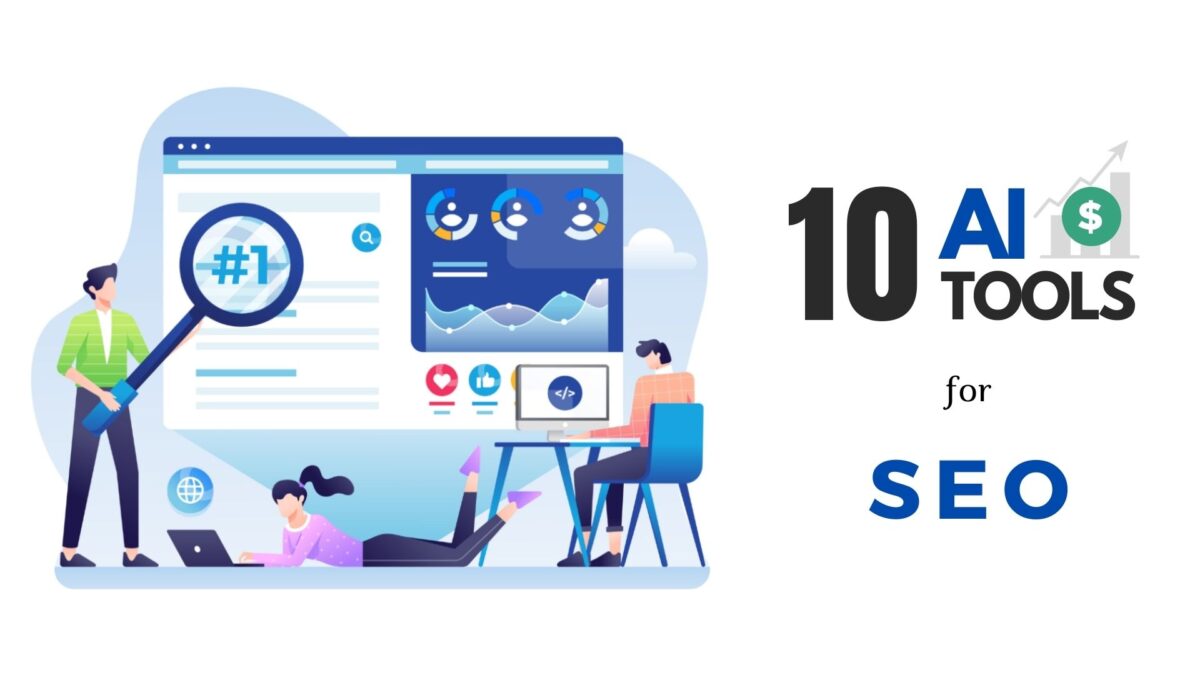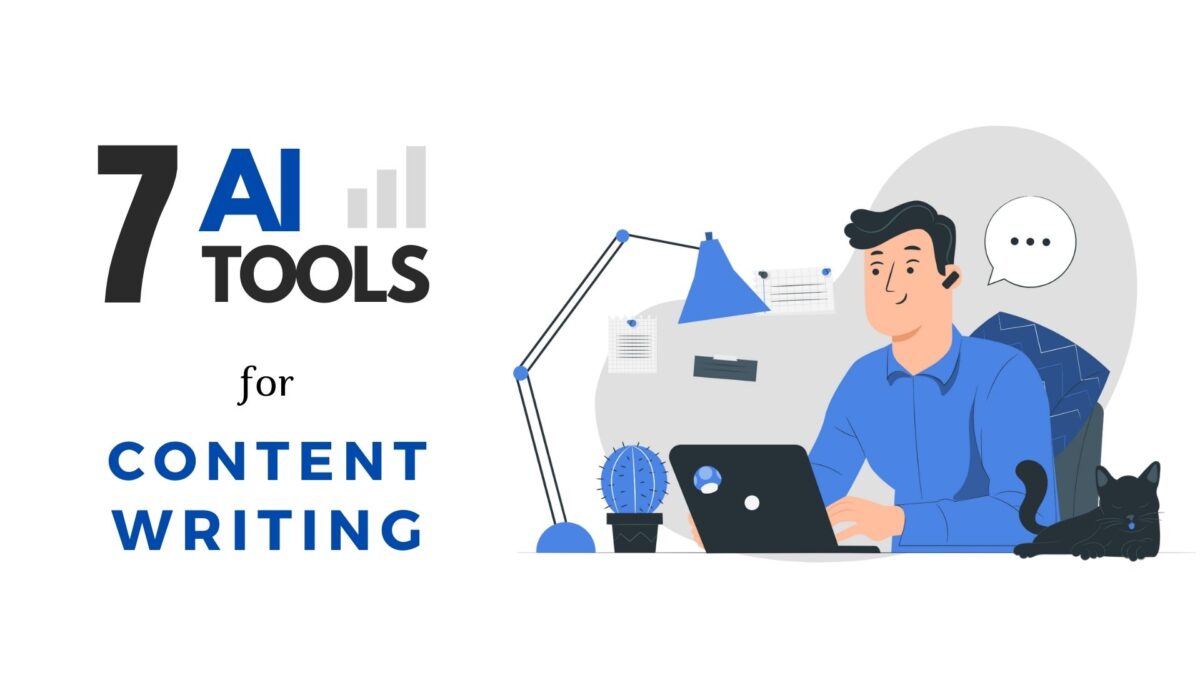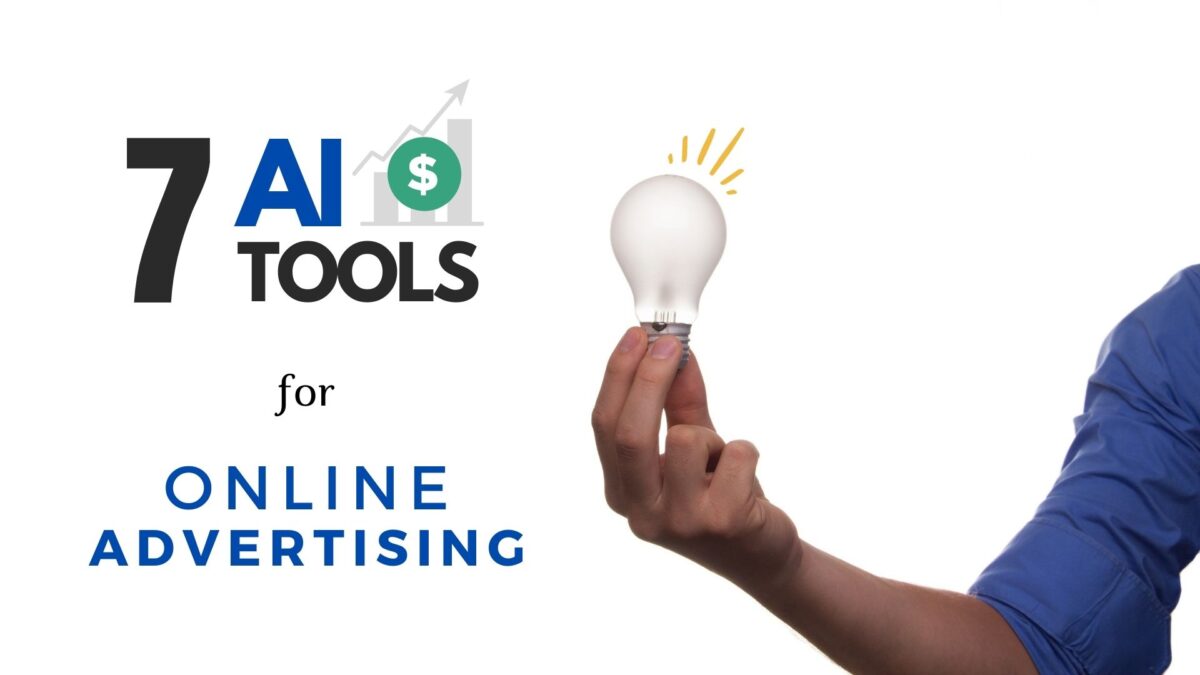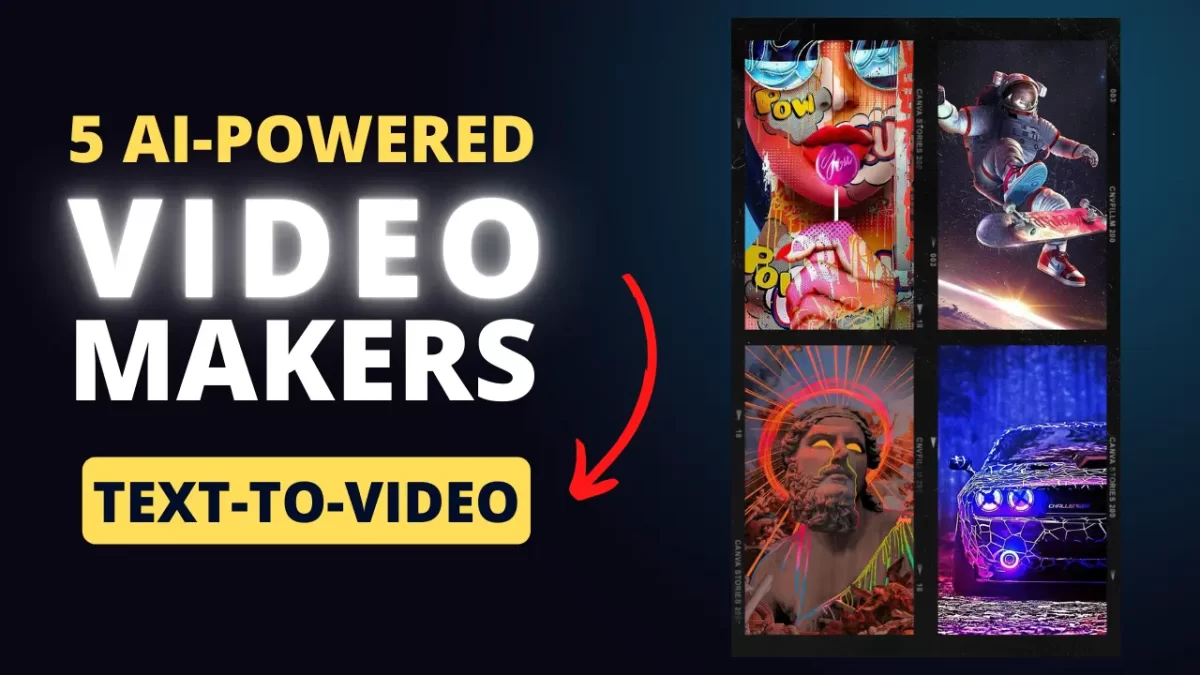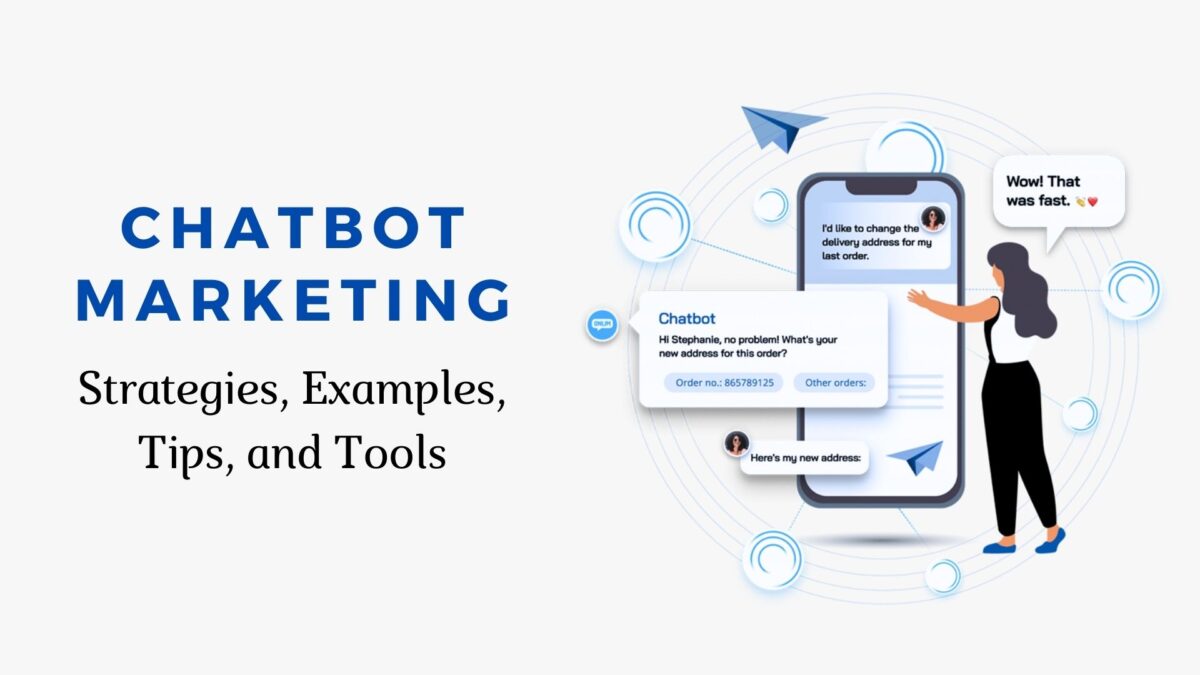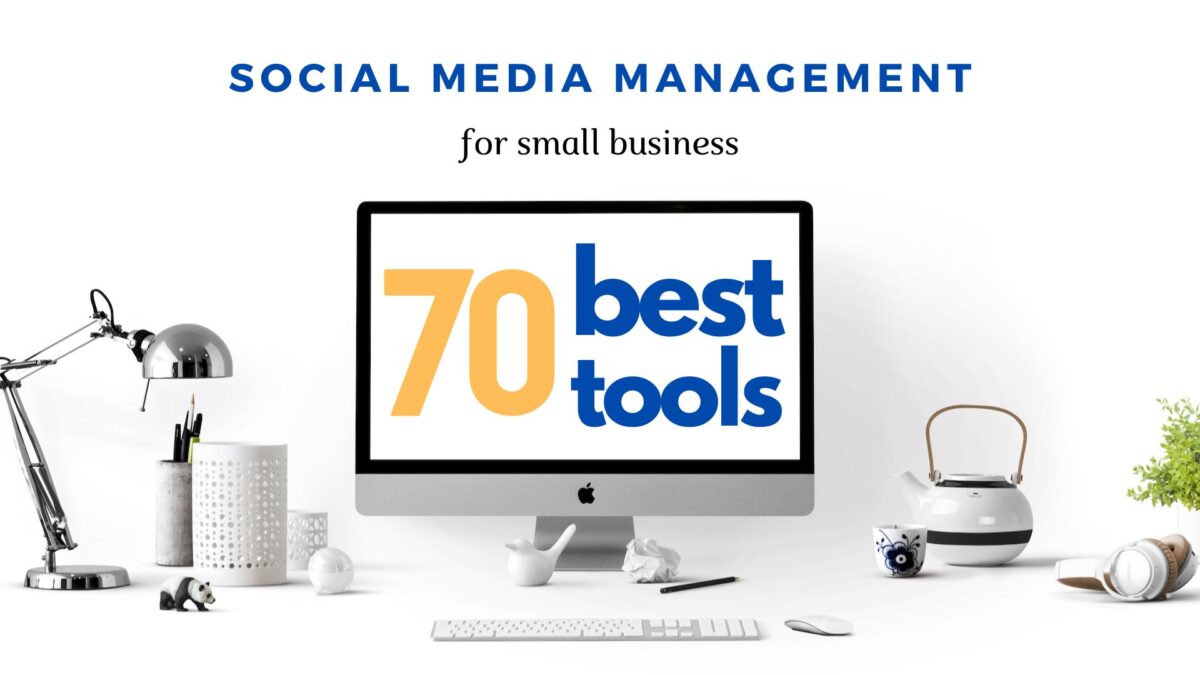It’s no secret that artificial intelligence (AI) has been making waves in various industries, and marketing is no exception. In this post, I’ll be diving deep into AI marketing, its benefits, and how it’s revolutionizing the way businesses approach marketing strategies.
But first, let’s start with a brief overview of the sub-topics we’ll be covering today:
Table of Contents
What is AI Marketing
AI marketing, in a nutshell, is the use of artificial intelligence to analyze data and make marketing decisions. It helps businesses understand their customers and create tailored campaigns.
The role of AI in marketing is crucial. It automates tasks, analyzes data rapidly, and offers insights for better campaigns. This way, marketers can optimize strategies and target the right audience.
Incorporating AI into marketing has many benefits:
- Improved efficiency: AI speeds up tasks, freeing marketers for strategic work.
- Enhanced personalization: AI analyzes customer data for highly personalized experiences.
- Better decision-making: AI-powered insights help marketers optimize strategies.
Let’s delve deeper into this topic and uncover some AI applications in marketing and real-life use cases.
AI Marketing Strategy
Creating an AI-driven marketing strategy is all about leveraging AI to enhance your marketing efforts. Here are the key components:
- Data collection and analysis: Start by gathering data from various sources like website analytics, CRM, and social media. AI can help you process this data and uncover valuable insights.
- Personalization and targeting: Use AI to segment your audience based on demographics, behavior, and preferences. This allows you to deliver personalized content and improve conversion rates.
- AI-powered marketing tools: Implement AI tools that align with your marketing goals, like chatbots for customer service or AI-driven ad platforms for targeted advertising.
According to a Salesforce report, 84% of customers say being treated like a person, not a number, is crucial to winning their business. That’s where AI marketing shines!
AI in Digital Marketing
AI has transformed digital marketing in various ways, making it smarter and more efficient. Let’s explore some key applications:
- Content creation: AI can generate content like blog posts, social media updates, and even ad copy. It helps save time and resources for marketers.
- Predictive analytics: AI can forecast customer behavior, helping you create proactive marketing campaigns and improve customer retention.
- Recommendation engines: AI powers recommendation systems, which offer personalized suggestions to users, boosting engagement and conversions.
In fact, a study by McKinsey reveals that businesses using AI-powered personalization can see a sales uplift of 5-15%.
1. AI in Social Media Marketing
AI has a significant impact on social media marketing, making it more targeted and efficient. Here are some notable applications:
- AI-powered tools: AI can help manage social media accounts, schedule posts, and optimize content for better engagement.
- Sentiment analysis: AI can analyze user reactions to your brand, enabling you to address concerns and capitalize on positive feedback.
- Trend identification: AI can detect emerging trends, helping you create timely content that resonates with your audience.
According to a report by the Altimeter Group, 63% of marketers believe AI will help them identify trends and conversations that matter most to their business.
2. AI in SEO
AI is playing a vital role in search engine optimization (SEO), making it smarter and more effective. Here are some key applications:
- AI-driven keyword research: AI can analyze search queries and identify high-potential keywords, helping you create content that ranks well.
- Content optimization: AI can evaluate content quality, optimize it for target keywords, and improve search engine rankings.
- RankBrain and other AI-driven algorithms: Google uses AI, like RankBrain, to understand user intent and deliver better search results.
According to a study by BrightEdge, 60% of marketers believe that AI will significantly impact their SEO strategies in the next five years.
3. AI in Content Marketing
AI is reshaping content marketing by streamlining content creation and optimization. Let’s dive into some key applications:
- AI-generated content: AI can write blog posts, ad copy, and social media updates, freeing up time for marketers to focus on strategy.
- AI-powered content strategy: AI can analyze user engagement, identify trending topics, and help you create a data-driven content strategy.
- Content optimization: AI can evaluate and optimize your content for readability, keyword targeting, and overall quality.
Gartner predicts that by 2025, 70% of organizations will be using AI-powered content management systems.
4. AI in Online Advertising
AI is revolutionizing online advertising by making it more targeted and efficient. Here are some key applications:
- Programmatic advertising: AI automates the buying and selling of ad space, making the process faster and more precise.
- AI-enhanced ad targeting: AI analyzes user data to deliver ads to the most relevant audience, increasing the chances of conversion.
- Ad retargeting: AI helps identify users who have shown interest in your products or services and shows them relevant ads, improving conversion rates.
According to eMarketer, programmatic ad spending is expected to reach $81 billion, accounting for 86.5% of all digital display ad spending in the US.
5. AI in Video Marketing
AI is transforming video marketing by automating content creation and enhancing analytics. Here are some key applications:
- AI-generated video content: AI can create video content from text, images, and audio, making it easier for marketers to develop engaging videos.
- Video analytics: AI can analyze video performance, user engagement, and viewer demographics to help you optimize your video marketing strategy.
- Video optimization: AI can automatically edit and optimize videos for different platforms, ensuring maximum impact and reach.
A Cisco study predicts online videos will make up more than 82% of all consumer internet traffic, highlighting the importance of effective video marketing.
6. AI in Marketing Automation
AI is enhancing marketing automation by streamlining processes and making them more intelligent. Here are some key applications:
- AI-powered marketing automation tools: AI can automate tasks like email marketing, social media posting, and lead nurturing, saving time and resources.
- Customer segmentation: AI can analyze customer data to create targeted segments, allowing for personalized marketing campaigns.
- Predictive lead scoring: AI can predict which leads are most likely to convert, helping marketers prioritize their efforts.
According to a study by Forrester, companies that excel at lead nurturing generate 50% more sales-ready leads at a 33% lower cost. AI for marketing automation can help achieve this.
7. AI in Chatbot Marketing
Chatbots have become an essential marketing tool, and AI is making them more efficient and interactive. Here are some key aspects:
- Role of chatbots in marketing: Chatbots can handle customer inquiries, offer product recommendations, and even drive sales through conversational marketing.
- Benefits of AI-driven chatbots: AI-powered chatbots can understand user intent, provide personalized responses, and learn from interactions, leading to improved customer experiences.
- Integration with marketing channels: Chatbots can be integrated with various platforms like websites, social media, and messaging apps, increasing their reach and effectiveness.
Gartner predicts, 70% of white-collar workers will interact with conversational platforms daily, underscoring the importance of chatbot marketing.
AI Marketing for B2C
AI marketing offers significant benefits for B2C businesses, making marketing efforts more personalized and customer-centric. Here are some key points:
- Personalization and customer engagement: AI can analyze customer data to deliver personalized content, product recommendations, and targeted promotions, driving engagement and sales.
- Customer support: AI-powered chatbots can handle customer inquiries and resolve issues quickly, improving customer satisfaction and brand loyalty.
- Predictive analytics: AI can predict customer behavior and preferences, enabling B2C businesses to create proactive marketing campaigns.
According to a study by Accenture, 91% of consumers are more likely to shop with brands that provide relevant offers and recommendations. AI marketing can help B2C businesses achieve this.
AI Marketing for B2B
AI marketing is proving to be a game-changer for B2B companies, enhancing lead generation and sales processes. Here are some noteworthy aspects:
- AI marketing in B2B lead generation: AI can analyze data from various sources to identify high-quality leads, enabling marketers to focus on nurturing relationships and closing deals.
- AI-driven account-based marketing: AI can help B2B companies develop personalized campaigns for specific accounts, increasing the chances of conversion.
- Sales enablement: AI can support sales teams with prospect research, content recommendations, and engagement tracking, streamlining the sales process.
Forrester Research predicts that by 2025, AI will drive 80% of all B2B sales transactions, highlighting its growing importance in the B2B marketing landscape.
AI Marketing for Small Business
AI marketing offers affordable and effective solutions for small businesses, leveling the playing field with larger competitors. Here are some key benefits:
- Cost-effective AI marketing tools: Small businesses can access a variety of AI-driven tools to optimize their marketing efforts without breaking the bank.
- Enhanced customer targeting: AI can help small businesses identify their target audience and tailor marketing campaigns, improving conversion rates and ROI.
- Streamlined marketing processes: AI-powered tools can automate and optimize various marketing tasks, allowing small business owners to focus on other aspects of their operations.
According to a report by Salesforce, 51% of small businesses are already using AI technology, and 41% plan to implement AI within the next two years.
Conclusion
AI marketing is revolutionizing the way businesses approach their marketing strategies. From personalization and customer targeting to streamlining marketing processes and enhancing lead generation, AI is making marketing more efficient and impactful across various sectors – B2C, B2B, and small businesses alike.
Embracing AI in your marketing efforts can lead to significant growth and competitive advantage. As AI technology continues to advance and become more accessible, it’s essential to stay ahead of the curve and make the most of this game-changing tool.
In the words of Peter Drucker, “The best way to predict the future is to create it.” So, why not start creating the future of your business by incorporating AI marketing today?

Ali is a digital marketing blogger and author who uses the power of words to inspire and impact others. He has written for leading publications like Business2Community, Inc. Magazine, and Marketing Profs. When not writing, he enjoys spending time with his family.

